Honestly, I’ve been sorta thinking and… Linguistics are pretty darn cool.
I’ve been really excited for this lecture I’m taking at the moment and while it is a lot of theoretical stuff to read… and pages upon pages to prepare before and after classes, I’ve honestly really enjoyed the idea of getting further into it.
I mean, I’m studying English Studies and Philosophy at University with the aim of becoming a teacher. So, after my Bachelor of Arts, I’m currently aiming for a Master of Education… but depending on how the advanced lectures go, I might actually aim for a Master of Science or Combined Master of Arts…
I’d love to teach but fuuuuuuck, research sounds pretty cool.
I mean, linguistics is interesting because the pursuit of what is theorized as “Universal Grammar” is pretty darn cool.
The whole idea (but simplified) basically comes down to this:
We all have a Language Acquisition Device in our brain somewhere… and it enables us to learn languages… but eventually it’s a lot harder to acquire a new language.
And I’m using “acquire” here and not “learn” because kids will just soak up languages really easily. “By the time you’re five or six years old”, my professor said, “you’re fluent in your mother’s tongue and maybe another language or two depending on circumstances. Once you hit secondary school though, learning French or Latin becomes a lot harder.” – And the question here is… Why is that?
Another interesting question (which could be relevant for my Bachelor’s thesis as a topic… maybe?) is at what point is it best to introduce a new language (i.e. English, French, Latin, Spanish, etc.) into the schedule of a young student.
There are examples of kids that know four or five languages but none incredibly well who then get confused in the early stages of their school career… and there are also other examples of people that grow up only knowing one language and who get introduced to a second language too late, resulting in them “only” really knowing two languages at most.
So, that’s actually an interesting question right there. Is that a good thing? Is that a bad thing? What should their teachers or parents have done differently in those cases (if at all)?
Something new that I learned was that kids don’t learn by imitating their parents or whoever is raising them. Rather, they “acquire” languages.
That’s shown by the fact that kids will know a language perfectly even when adults don’t speak said language perfectly. At the same time, kids may make mistakes initially (i.e. “I holded the baby rabbit that I petted”).
They won’t realise their mistake due to rules they took away from how language works – and yet, they don’t respond well to being told that something is wrong, rather learning out of the experience (“holded” -> “held”).
And at some point, you just know that something “sounds wrong”.
It’s an exciting topic.
I know this post is all over the place but for linguists, certain things are super interesting. The thing that all languages share, the so-called universal principles underlying all languages (i.e. what our universal grammar (UG) looks like), as well as how language is acquired by a child, and how language is represented in the brain are just a few topics that sound incredibly intriguing and that I can’t wait to learn more about.
Okay, and while I may not be that interested in the brain stuff (neurolinguistics) at the moment, I find it interesting as a topic. Psycholinguistics is more about how the system of language is used in our production and comprehension of speech… while developmental linguistics or language acquisition studies focus more on the question of “how do we acquire a language”. Theoretical linguistics are also really cool as they ask the question as to what’s the nature of the cognitive system which we identify with knowing a language…
I don’t know. I’m just really excited about this stuff and while studying, I really wanted to write a little about it…
Who knows? Depending on how things go, I might be interested in going into research and studying these sorts of things. I’m enjoying the literature by Chomsky that I have to read at the moment. I love hearing about the theory as well over here… and it sort of makes me feel passionate about the topic as I personally grew up speaking two languages, one being my mother tongue and the other being German.
So, that’s sorta why I’m interested in learning more about linguistics, I reckon…? And I guess in theory I could later on still teach linguistics to university students if I wanted to… or I’ll stick to becoming a teacher. There’s time. For now, I gotta make my way to university again, as I need to catch my next bus, lol.
This post was originally written by Dan Dicere from Indiecator.
If you see this article anywhere else other than Indiecator.org… then this article has been stolen. Please let me know of this via E-Mail. Other than that, feel free to stop by my Twitch streams!



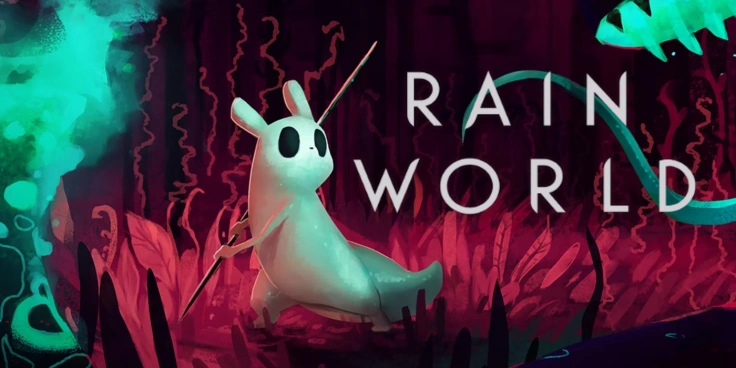


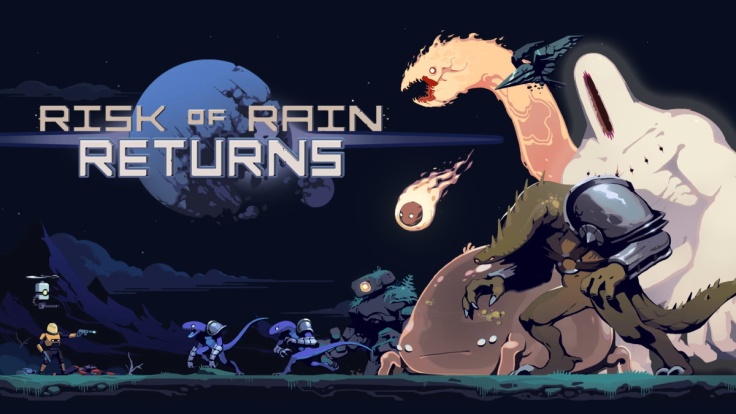
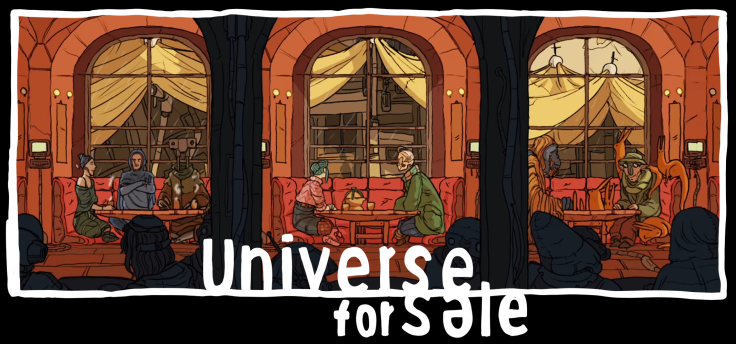
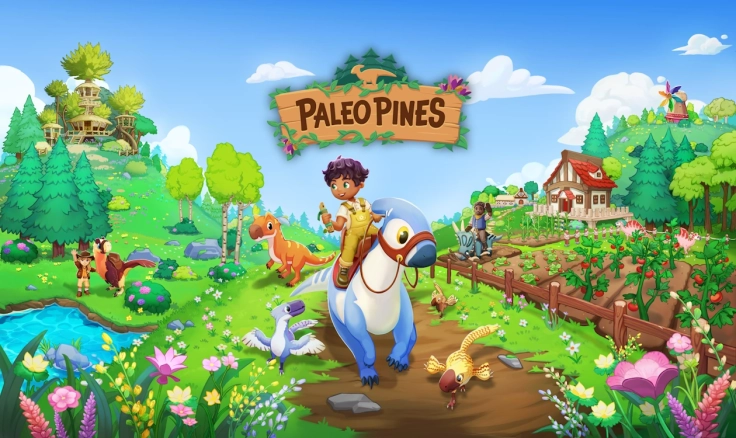
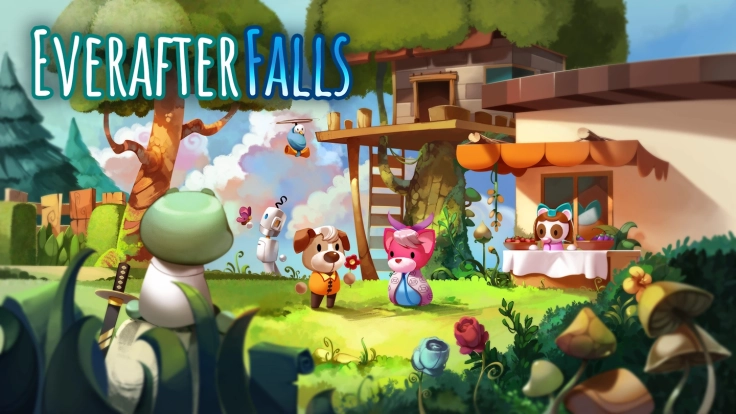





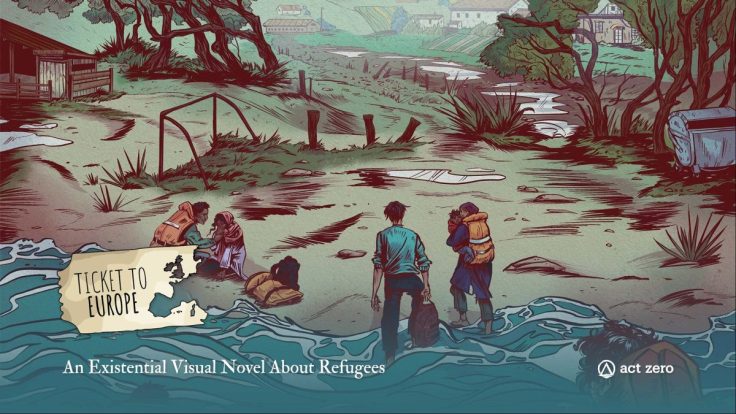




Leave a comment